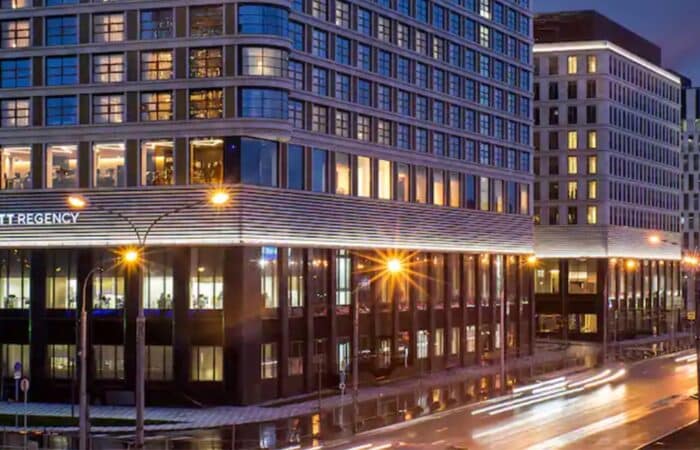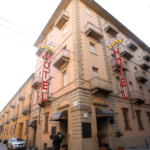Shortly after the announcement of the end of the Covid-19 state of emergency, a horizon of potential instability on the front of international arrivals due to the looming war situation is once again expected for Italy.
On the basis of what has already been seen in March 2014 and in the following months, if the USA and the EU impose economic sanctions (also not at all connected to tourist flows) it is necessary to expect that Russia will respond with a drastic reduction in its interest in travel to Europe and therefore to the country historically “n.1” in the Russian collective imaginary, Italy.
In 2013 Russia reached 5% weight on the overall foreign markets in the hotel industry.
The sanctioning policies towards Russia have already produced since 2015 a progressive reduction in volumes on the historical peaks of about -2 million presences in the hotel industry (5% weight in 2013 vs 2.5% weight in 2016).
What are the possible impacts, therefore, in the best scenario, on the basis of what has already been recorded during 2014-2015?
It can be expected:
- A drastic reduction in Russian hotel demand that from 4.5 million in 2019 could fall even below 0.5 million. Other possible impacts on the Ukrainian market (very modest) depend on the duration of the conflict and its severity.
- An immediate review of the investment trend from the Russian market. Although the Russian investor does not have an institutional character and usually operates with less media resonance than the European or US one, it is historically very relevant in some geographical clusters (Cagliari / Sardinia, Versilia, Lake Garda, Venice, Cortina, Abano …) and in some segments (top luxury). In the face of a lower transparency of the acquisition operations, it cannot be excluded that Russian investors may also be worth 5-10% of hotel transactions in Italy. Very strong, although fragmented, is the presence of Russian investors in some places on the Adriatic coast (Jesolo, Milano Marittima).
- A serious impact (at least for summer 2022) on highly specialized airports on the Russian and Ukrainian markets (and Eastern Europe), such as those of Rimini, Capodichino, others.
Finally, the drastic reductions in exports of the food and fashion sectors to at least Russia and Ukraine will have an impact, albeit not direct, with significant economic consequences on the regions of greatest exchange, therefore Emilia Romagna, Veneto, Tuscany and Lombardy.




